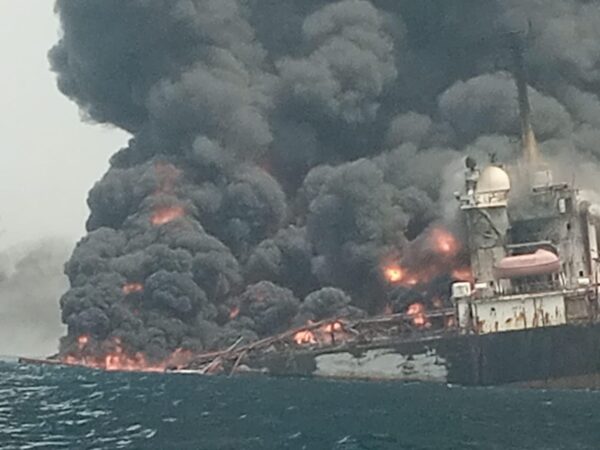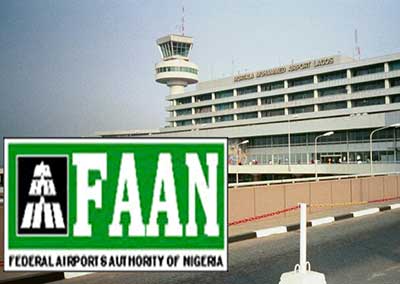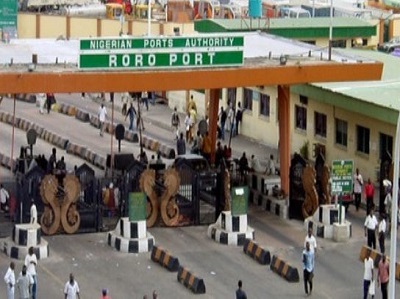ON THE SPOT MANAGER
FPSO Trinity Spirit: An Avoidable Disaster
FPSO was described as a disaster waiting to happen two years ago and it did happen last week.
As Nigeria’s creed for revenue collection spreads through all sectors, maritime governance has become one where everything is ok as long as the agencies are making money.
A maritime expert shares his experience onboard the Floating Production, Storage and Offloading (FPSO) vessel, named Trinity Spirit, that exploded last week within the Nigeria’s territorial waters.
His words:
In my career as a maritime professional, I have sailed and worked on different vessels with different level of management. Although the Nigeria factor characterized by nonchalance occurs across most organizations, it is common knowledge that all facilities must meet up a minimum standard before you are sea worthy.
The case of FPSO Trinity Spirit has been a disaster waiting to happen, I am not surprised. I was onboard that FPSO two years ago to rebuild their main generator so that they could pump out crude oil which was been stored in tanks, as they were connected to an oil/gas well which was still producing but on low capacity.
On arrival, I noticed from the appearance that the facility was very old, corrosion infested, and all machineries were dead. In fact, the facility was overdue for decommissioning. Salvic Petroleum that we got the overhaul contract from, was owing their staff for two years, so the crew decided to stop our work and prevented us from leaving the facility until they were paid.
When they could not reach a settlement, we were forced to disembark via jacob ladder to a speed boat which later capsized on our way leaving me in coma and that was the last time I ever ventured to sea.
It’s so sad, I may still know a few crew, may their soul rest in peace.
The question is not that there are no regulations for the oil/gas sector, but how possible is it that a dead facility is still connected to a production line and crude oil is exported from that facility with knowledge of the Department of Petroleum Resources and the Nigerian Maritime Administration and Safety Agency (NIMASA)?
As maritime industry and the nation mourns this avoidable loss of lives and assets, it’s time to ensure such incidents that shatters the nation’s shipping image don’t reoccur.






